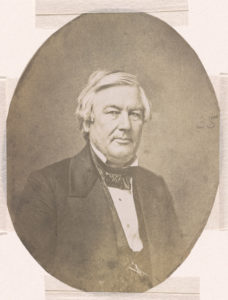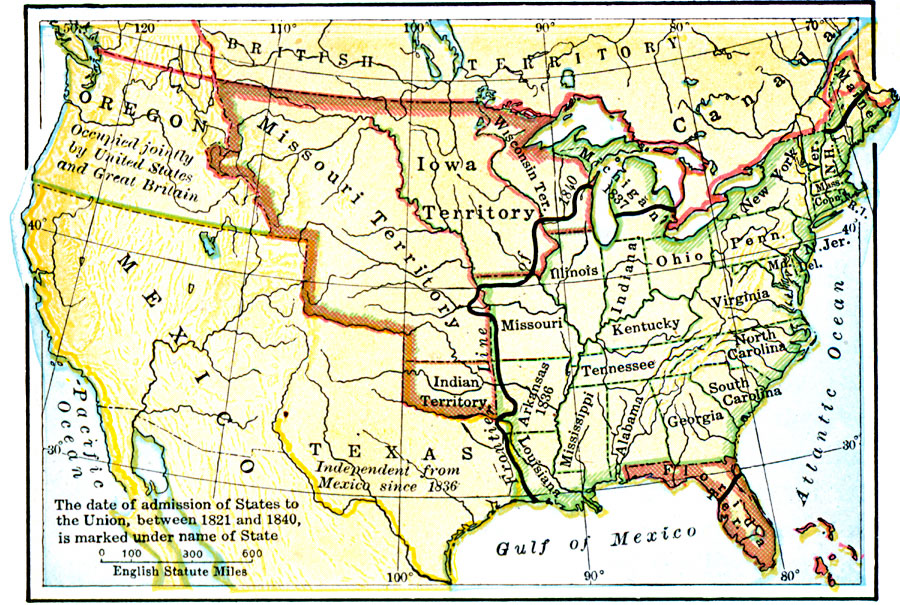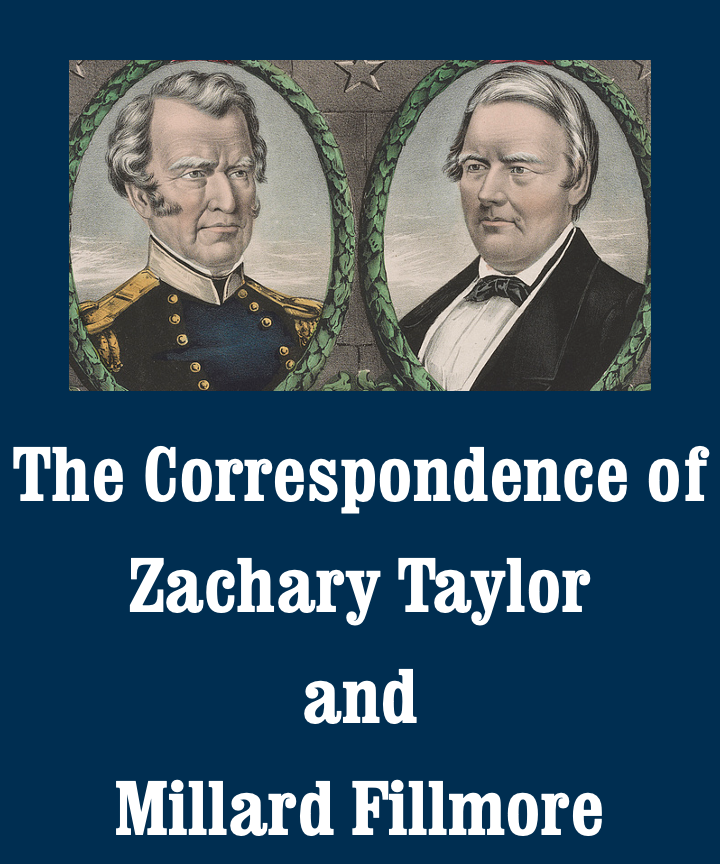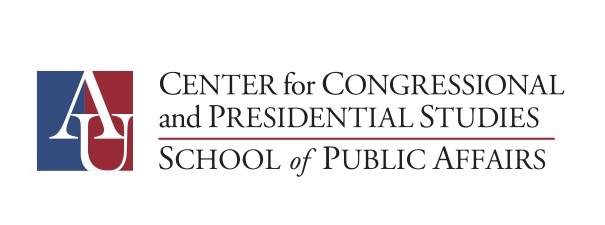
Millard Fillmore, salted paper print by Frederick De Bourg Richards, [1853–60], Library of Congress.

The United States, the Republic of Texas, and northern Mexico in 1840, from S. E. Forman, Advanced American History (New York: Century, 1919), private collection of Roy Winkelman/Florida Center for Instructional Technology, University of South Florida.
When Mexico declared its independence from Spain in 1821, it included Texas. Over the next fifteen years, about thirty thousand White people from the United States immigrated into Texas, many of them bringing Black people whom they enslaved to work on farms. In 1836 these US-born Whites declared Texas’s independence from Mexico. They soon asked the United States to annex it. US and Texan diplomats signed an annexation treaty in April 1844, but the US Senate, which must approve treaties, rejected it on June 8. The major parties then were the Democrats and the Whigs; most Democrats in the Senate voted for the treaty, most Whigs against it. Despite the defeat, efforts at annexation continued.
Millard Fillmore was at that time a lawyer in Buffalo, NY. A former congressman, he would become vice president in 1849 and, upon President Zachary Taylor’s death, would become president in 1850. As a private citizen in the mid-1840s, he was not actively involved in the annexation process. But fellow Whigs did consult him about it. In this letter, he replies to an invitation from Whigs in Allegany and Cattaraugus Counties, NY, to attend a gathering on Independence Day. He discusses Henry Clay and Theodore Frelinghuysen, the Whig Party’s nominees for president and vice president, and the debate over Texas. He mentions “the American system,” Clay’s proposal for federally funded roads and canals, a national bank, and high tariffs (taxes on imported goods) to protect US manufacturers from foreign competition.
Note: Text surrounded by carets, ^like this^, was inserted by the writer after he initially wrote the letter. Text with a strikethrough, like this, was struck out, erased, or overwritten by the writer. In all letters in this web publication (but not in the pdf version), double underlines have been represented as single underlines and small capital letters have been represented as lowercase.
MILLARD FILLMORE TO ABRAHAM J. LYON ET AL.[1]
Buffalo, June 22d. 1844.
Gentlemen,
I am honored by the receipt of your favor of the 17th. instant inviting me to attend a mass meeting of Whigs at Rushford on the 4th. day of July next, and regret that a previous engagement to attend a similar meeting on that day at Geneseo will deprive me of that pleasure.
Never having attended a political meeting either in Allegany or Cattaraugus Counties, it would give me great pleasure to be present at your place and witness the gathering of the Whigs on the anniversary of the Birth day of our nation. The whig spirit of ’76 gave us Independence ^& freedom^ and the Whig spirit of 1844 must maintain that independence and freedom, or the blood of the Revolution was poured out in vain. We have well tried and faithful candidates for the first and second offices in the gift of the nation. Henry Clay as a statesman and patriot stands preeminent- He is the acknowledged father of the American system, the avowed, open advocate of a protective system ^tariff^, and the open opponent of the annexation of Texas- And at this time when budding treason insists on extending the slave territory of the Union, and if it can not, threatens dissolution of this glorious union, we want such a man to stand at the helm of state- a man who has no sectional feeling, but who goes for the country, the whole country and nothing but the country. Such a man is Henry Clay and Mr. Frelinghuysen is a worthy associate.
I therefore look forward with confidence to a triumphant whig majority in Allegany and Cattaraugus. I trust that I shall not be disappointed.
Accept the assurance of my respect and esteem & believe sincerely your friend & fellow citizen
Millard Fillmore
Autograph letter signed, draft. State University of New York, Oswego. Microfilmed in Lester W. Smith, ed., Millard Fillmore Papers (Buffalo, NY: Buffalo & Erie County Historical Society and State University College at Oswego, 1975), reel 10.
[1] Addressed to Lyon and nine others members of the “Committee of correspondence.”

